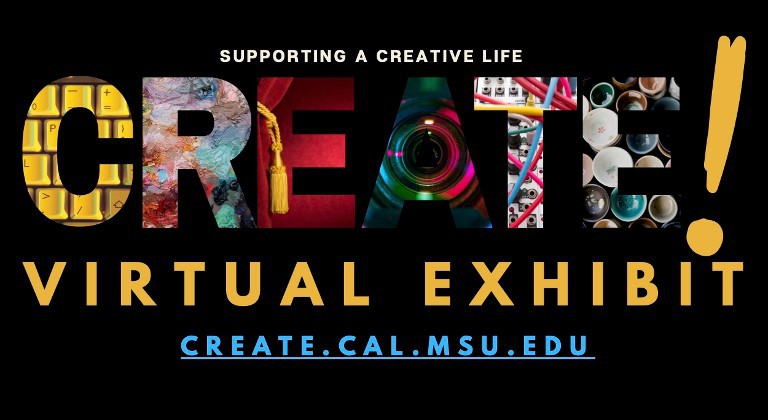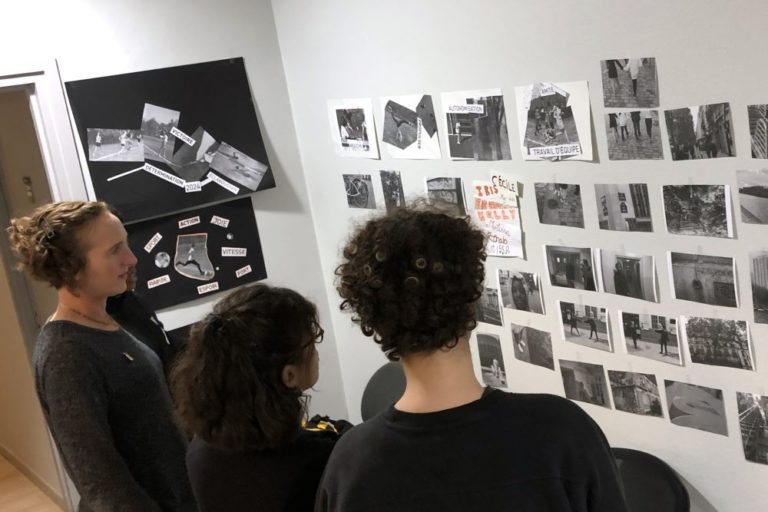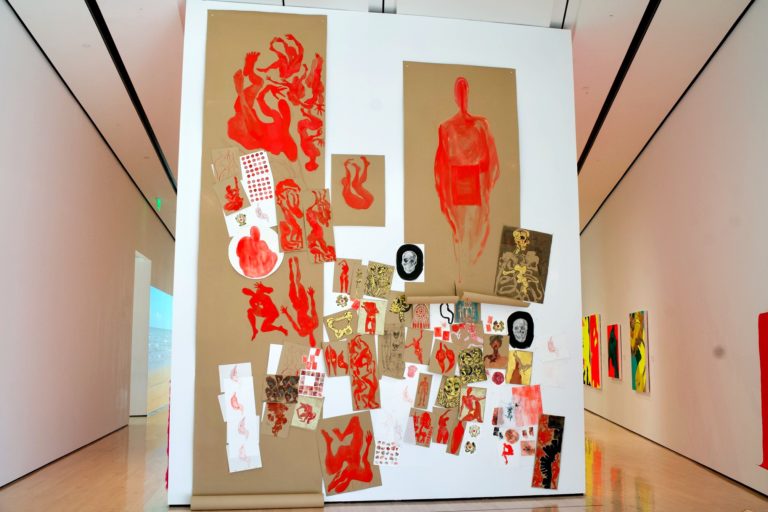Karin Zitzewitz, Associate Professor in the Department of Art, Art History, and Design, won the 2021 Millard Meiss Award for her book, Infrastructure and Form: The Global Networks of Indian Contemporary Art, 1991-2008, which engages with 16 of India’s leading contemporary artists and art collectives to examine the radical transformations within India’s contemporary art scene after the liberalization of the country’s economy.
“I am truly honored to be recognized by the College Art Association with this award, which will allow the book to be published in a lavishly illustrated form,” Zitzewitz said. “Not only will the award make the book more valuable to its readers, but it is also a strong endorsement of the project by the University of California Press, which applied for the award on my behalf, as well as by leading scholars in my field.”

Twice a year, the College Art Association award grants through the Millard Meiss Publication Fund to support book-length scholarly manuscripts in the history of art, visual studies, and related subjects that have been accepted by a publisher on their merits but cannot be published in the most desirable form without a subsidy.
Research for Zitzewitz’s book began with exploring new archives and artistic skills through the curation of two solo exhibitions at the Eli and Edythe Broad Art Museum — Naiza Khan: Karachi Elegies (2013) and Mithu Sen: Border Unseen (2014). With the support of a sabbatical, an MSU Humanities and Arts Research Program grant, and Delia Koo grants, Zitzewitz expanded upon this research through field studies in India, Pakistan, the United Kingdom, Germany, Japan, and Australia, where she viewed important collections and interviewed artists, curators, and collectors.

“I was in India doing research for my first two books when many of the events that I chronicle in Infrastructure and Form took place,” Zitzewitz said. “I witnessed an exciting expansion of contemporary art, as many more artists found support from galleries and collectors and as they began to expand into new media and experimental art practices.”
The changes Zitzewitz documented occurred in tandem with other transformations in India, some of which were connected to new communication technologies, like the internet, and others to the transformation of the country’s cities and vibrant visual cultures.
Zitzewitz’s book looks at the interactions among the infrastructural phenomena in India, arguing that, particularly in this period, it is not possible to separate infrastructures from the practices that circulate among them.

After completing field research in India, Zitzewitz was accepted as an Alexander von Humboldt Foundation fellow at the Centre for Transcultural Studies at the University of Heidelberg, Germany, where she wrote much of Infrastructure and Form’smanuscript.
Zitzewitz is a specialist in the modern and contemporary art of India and Pakistan. In addition to her most recent publication, she also has published The Art of Secularism: The Cultural Politics of Modernist Art in Contemporary India and The Perfect Frame: Presenting Indian Art: Stories and Photographs from the Kekoo Gandhy Collection. Her research has been supported by fellowships and grants from the Alexander von Humboldt Foundation, American Institute for Indian Studies, Paul Mellon Centre, and the Fulbright program.


